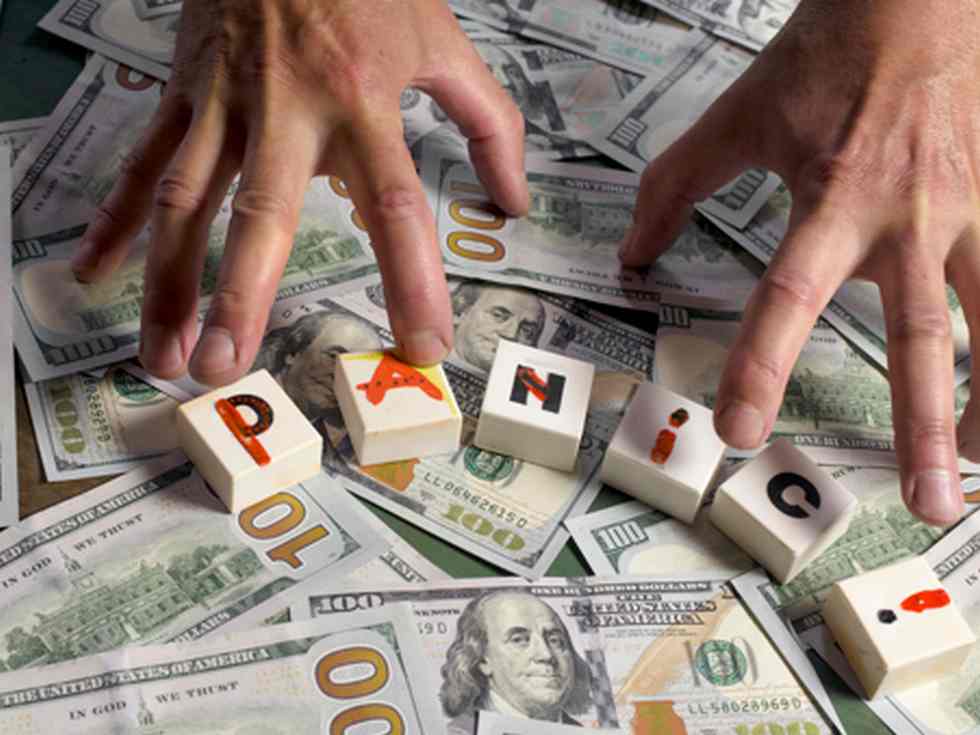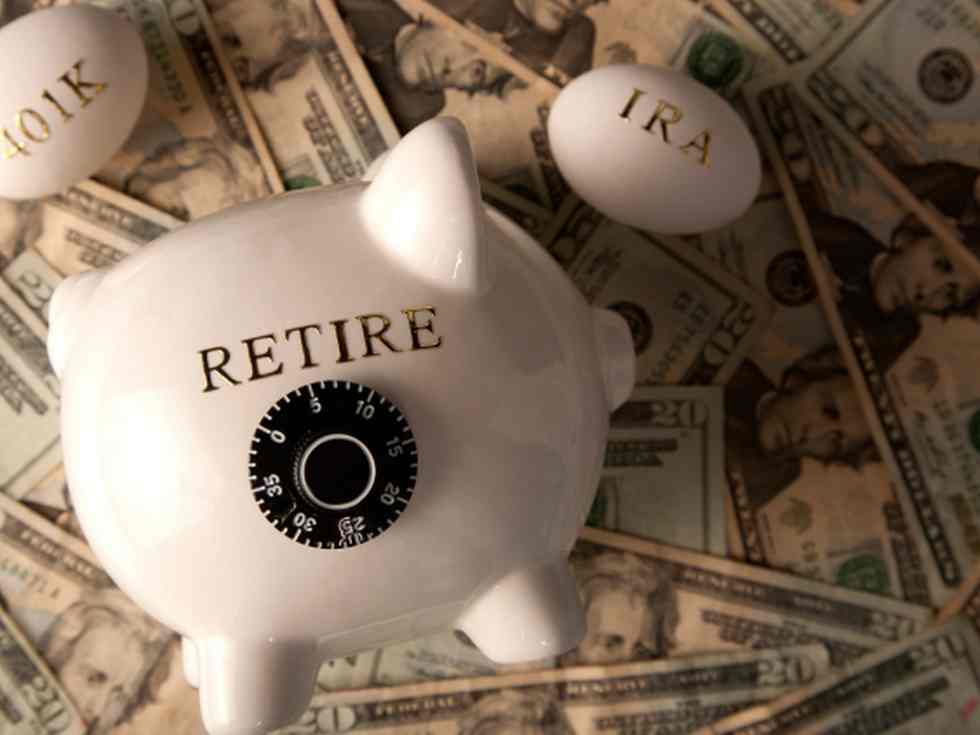Think about the next situation:
You possibly can both pocket a assured $500, or flip a coin. Should you get heads, you get $1,000. Should you get tails, you get nothing.
Now, think about this second situation:
You might be given $1,000 — woohoo! However it’s important to resolve whether or not you may lose $500 of it outright, or flip a coin. Should you get heads, you lose nothing. Should you get tails, you lose $750.
Likelihood is, in situation one, you selected to pocket the cash, whereas in situation two, you selected to flip the coin.
How do you know that!?
That is as a result of we really feel the ache of dropping cash a lot greater than we really feel the enjoyment of incomes a reward. This development known as "loss aversion," however, in on a regular basis phrases, you may discover it a bit acquainted to FOMO: the concern of lacking out.
FOMO tends to explain the ache of seeing your folks on social media doing enjoyable issues and attaining their targets whilst you’re disregarded. In a means, loss aversion is analogous since you’re afraid to lose out, however the ache is perhaps a bit deeper with cash.
It would sound ludicrous that we damage extra once we lose cash than we really feel pleasure in incomes it. However research have proven we really feel the heartbreak of a monetary loss twice as strongly as we really feel gaining the identical sum of money. So, when you get a $500 bonus out of your boss, you may solely be half as emotional as you’ll be dropping that very same quantity on the inventory market.
How may this have an effect on me?
Loss aversion will be each good and dangerous. For starters, it would lead you to make "protected," low-risk investments. This seems to be useful for investments you have to make, equivalent to your retirement fund. Positive, you may put your life financial savings right into a high-risk scheme, probably multiply it a number of instances over, and retire in riches — however you may also lose all of it. It is usually higher to decide on one thing with a low price of danger so you will have a wholesome sum of cash to stay off in the future.
On the other aspect of the coin, loss aversion may cause you to make rash choices concerning the shares and investments you maintain. For instance, when you’re an investor in oil-related shares and have a meltdown each time oil costs drop, you is perhaps inclined to dump all of your shares and cease the loss as rapidly as doable. Whereas this can be a great resolution in sure conditions, it is all the time necessary to keep in mind that what goes down will doubtless go up once more, and holding onto your inventory may imply you may get it again later. (See additionally: Need Your Investments to Do Higher? Cease Watching the Information)
Now, that issues a drop to the market general. The opposite potential pitfall of loss aversion is to carry onto shares which have been underperforming for means too lengthy. Many traders will promote shares that look like on the prime of their sport, solely to seek out out later that they’ve continued to develop. In the meantime, the shares they’re ready to see flourish proceed to underperform, and so they lose cash in the long term.
How can I keep away from falling into this entice?
Probably the greatest methods to ensure you do not feel the ache of loss — or loss aversion — is to diversify your portfolio. In different phrases, do not put all your eggs in a single basket: Put money into totally different industries, various kinds of shares, and in each short- and long-term investments.
If you are going to make a "dangerous" funding, ensure you’re prepared for the problem. Put together your self by constructing your confidence and studying extra about what it means to spend money on no matter you are contemplating. Give you a fallback plan. You’ve got heard it earlier than, and it is price repeating: danger equals reward. Sure, you may lose, and that’ll damage — however you may also achieve large. If that is definitely worth the leap, then it is time to get off the bottom.
If all else fails, discuss to an expert about your choices. Sure, you may need to throw her or him a bit of cash with the intention to obtain monetary recommendation. However having an expert let you know the very best, most safe option to make investments your cash may assist ease your thoughts — and improve your dividends — with out breaking the financial institution or your coronary heart alongside the best way. (See additionally: The Shocking Fact of Investing: Mediocre Recommendation Is Greatest)











